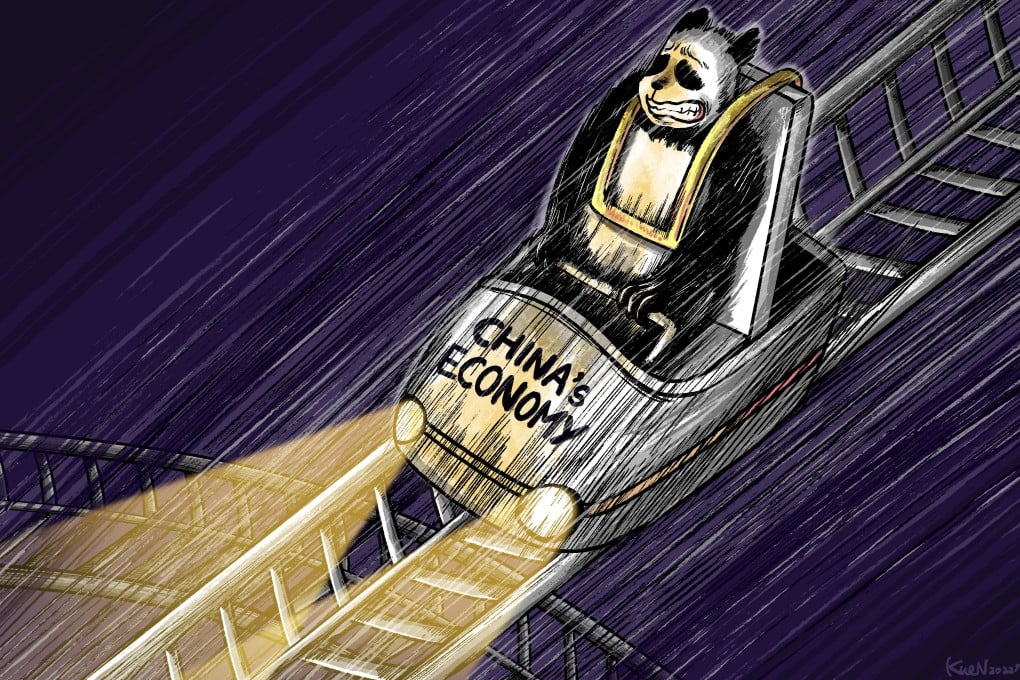China economy: companies ‘extremely cautious’ as uncertainty hangs over business environment
- Policy U-turns and a heavy-handed, unpredictable coronavirus control strategy are fraying the nerves of China’s business community
- Analysts say Beijing is unlikely to drop zero-Covid before the national congress later this year and economic growth is likely to suffer

Lockdowns, travel restrictions and inconsistent coronavirus controls between regions: uncertainty is haunting China’s economy, with no end in sight.
There are few signs that Beijing has an exit strategy from its zero-Covid policy – at least not before the all-important 20th national congress in the second half of the year, experts say.
So far, opening up measures have been piecemeal and made against a backdrop of heightened rhetoric on self-reliance and nationalism, which are fuelling concerns among foreign companies that China is turning inward.
Policy U-turns have been frequent over the past couple of years: the decarbonisation campaign, the crackdown on after-school tutoring, tightening then loosening rules on the property sector, and a clampdown on big tech.
The turmoil is fraying nerves in the business community.
Joerg Wuttke, the president of the European Union Chamber of Commerce in China, recalled a meeting with Premier Li Keqiang in Beijing earlier this month in which he expressed growing frustration.
